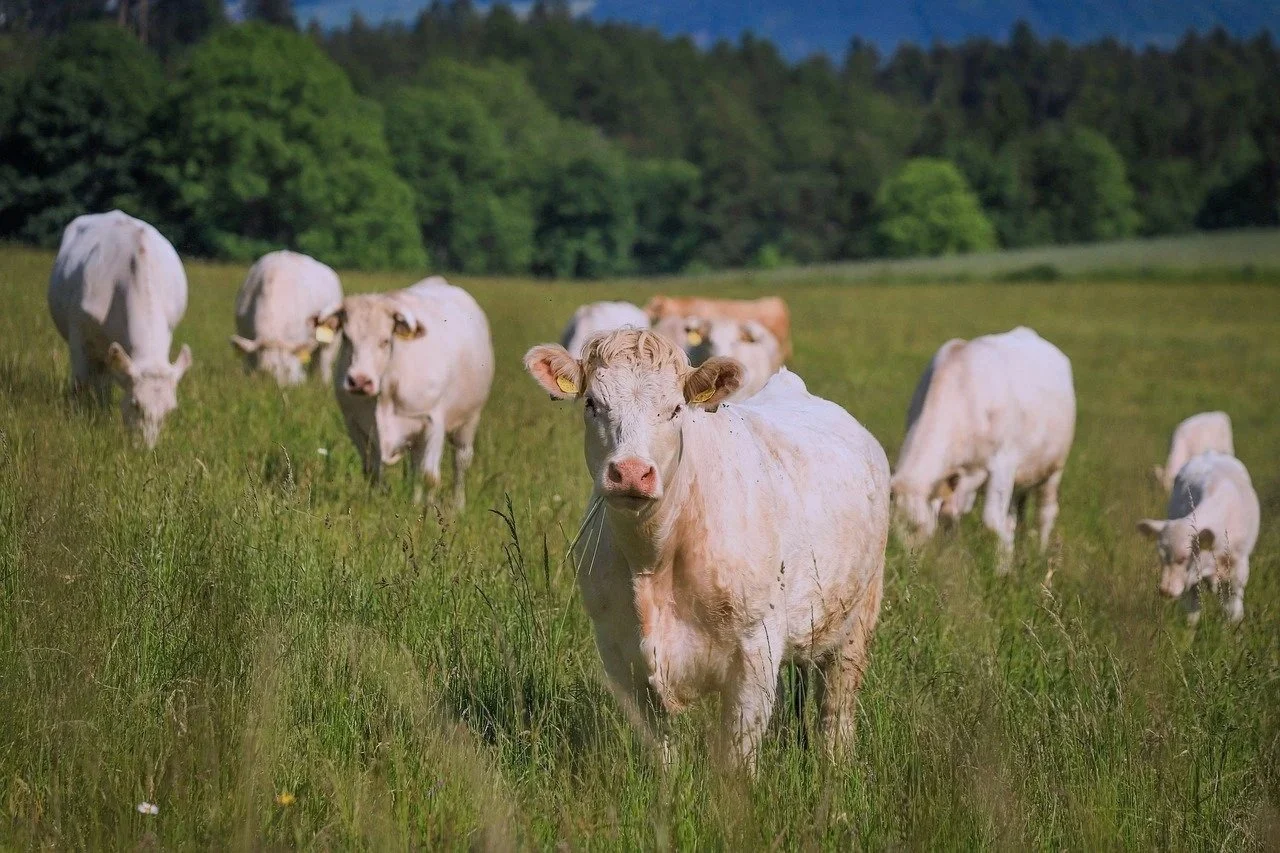
How to Find Cattle Gallbladder Stones
Gallbladder stones are rare, but they can be discovered during slaughter or processing when the gallbladder is felt by hand or opened. They can also be found when cattle have know digestive diseases or gall infections.
Which Cattle Are More Likely to Have Gallbladder Stones?
Older cattle (the longer a cow lives, the higher the chance of stone formation)
Well-fed, grain-finished cattle (high-fat diets may increase bile cholesterol and stone formation)
Sick or slower-growing cattle (sometimes related to gallbladder or liver issues)
Appearance During Processing
Stones are usually found inside the gallbladder, surrounded by bile.
They may be single large stones or multiple smaller stones.
The best specimens surface are often smooth, waxy, golden, or reddish-brown.
How Common Are They?
On average, only 1 in 1,00 to 1,50 cattle will have gallbladder stones large enough to be valuable.
Because of this rarity, gallstones are considered as precious as gold in the international market.
Handling and Preservation of Cattle Gallstones (Niuhuang)
1. Immediate Post-Slaughter Handling
Separate gallstones immediately after slaughter.
Preserve stones intact; whole, undamaged large stones are valued significantly higher than fragments.
Take multi-angle photographs and record:
Slaughter time
Farm/ranch of origin
2. Preliminary Grading (Slaughterhouse Level)
Classify and separately package into four categories:
Whole, Mostly whole, Fragments, Powder
Do not mix categories, as mixing results in significant loss of value.
3. Sample Testing (for Mid-to-High Grade Stones)
Send representative samples to certified laboratories for component testing.
4. Contamination Prevention & Proper Storage
Rinse stones gently.
Air-dry in the shade (avoid direct sunlight).
Record processing date.
Preferred storage methods:
Vacuum sealing
Dry packaging
Goal: Maintain original appearance, dryness, and weight.
5. Transaction Guidelines
High-value single stones:
Send a small sample for buyer authentication.
We will send you a sample acceptance agreement for you to sign before full delivery.